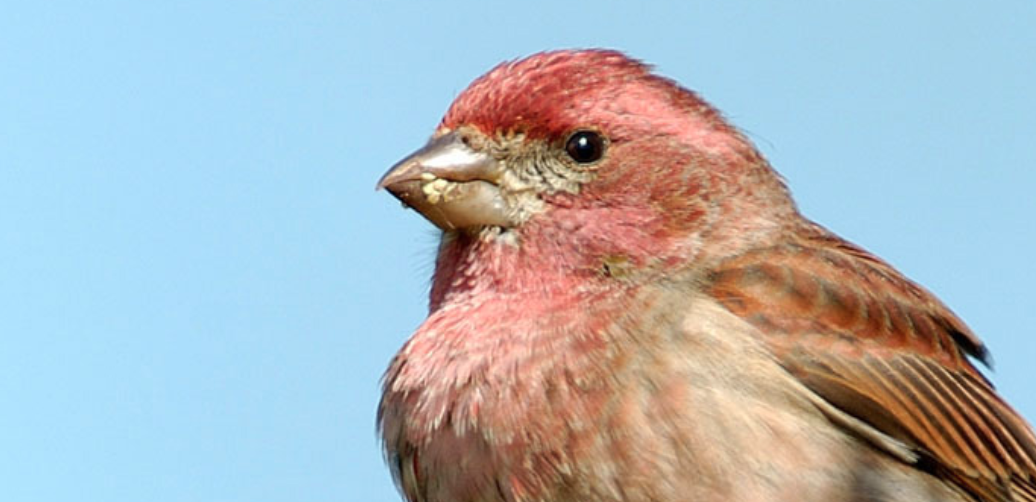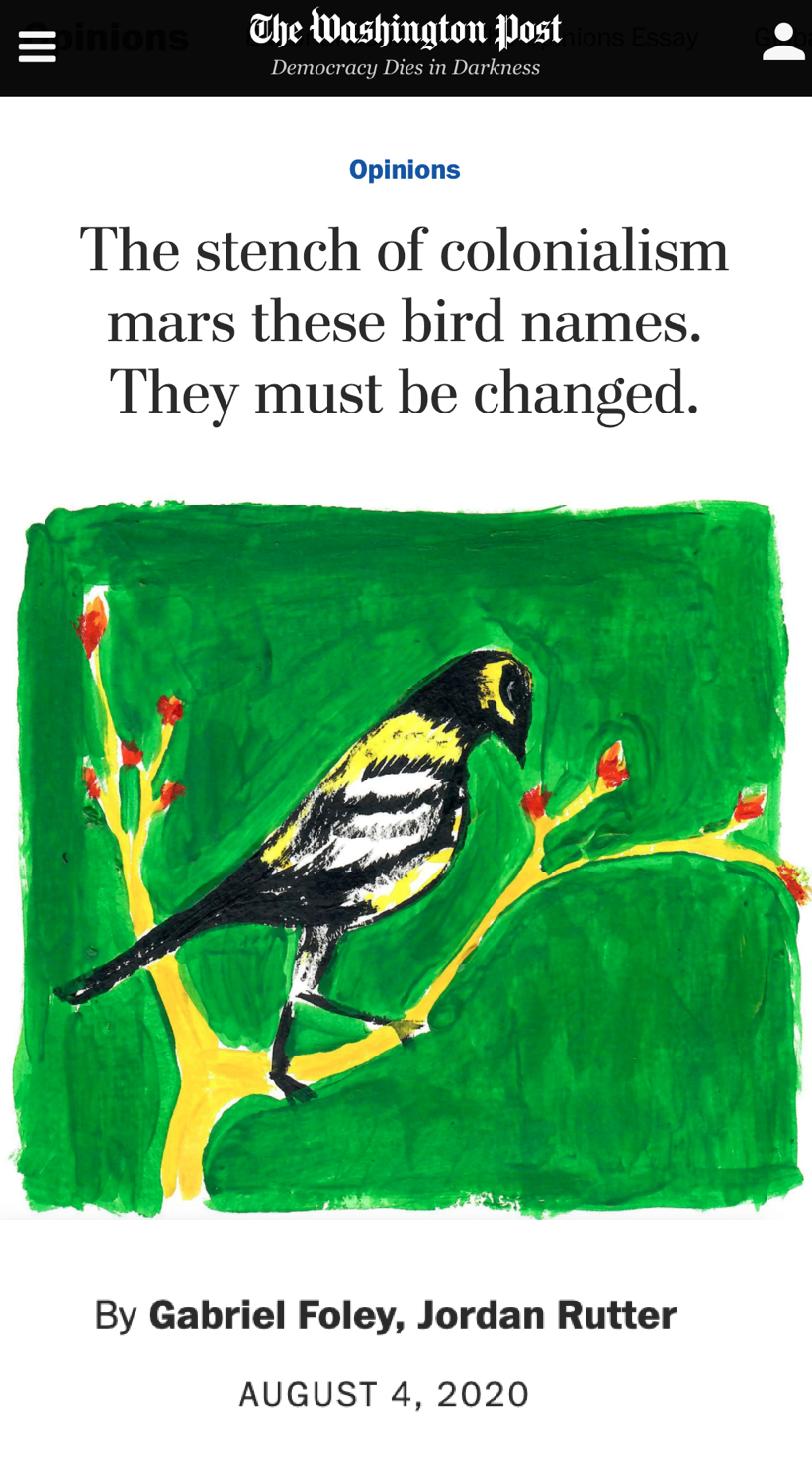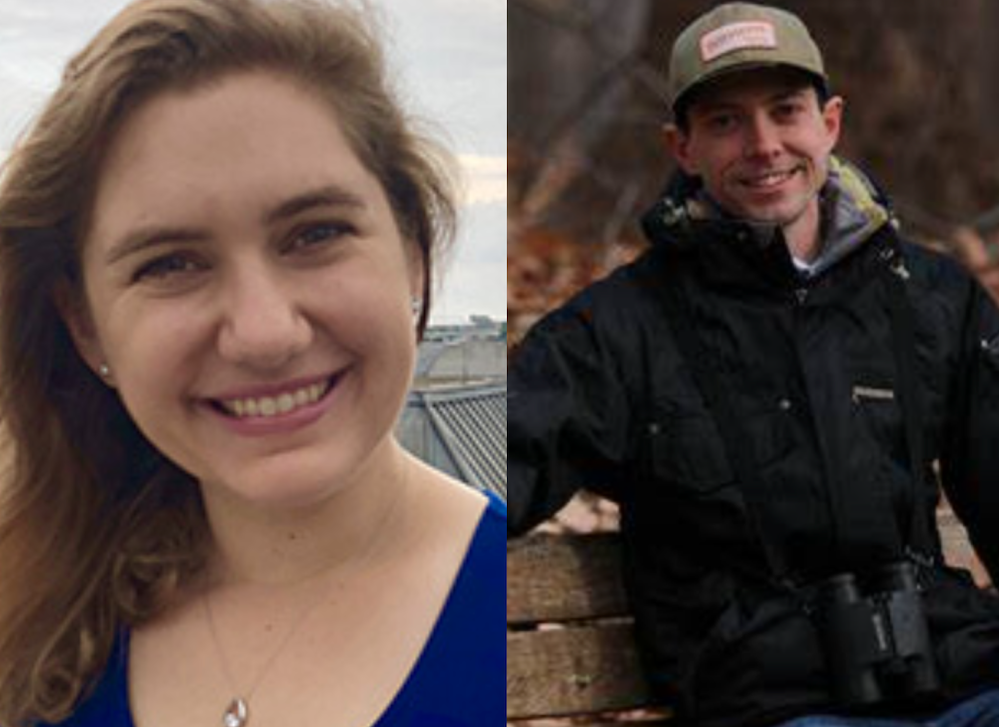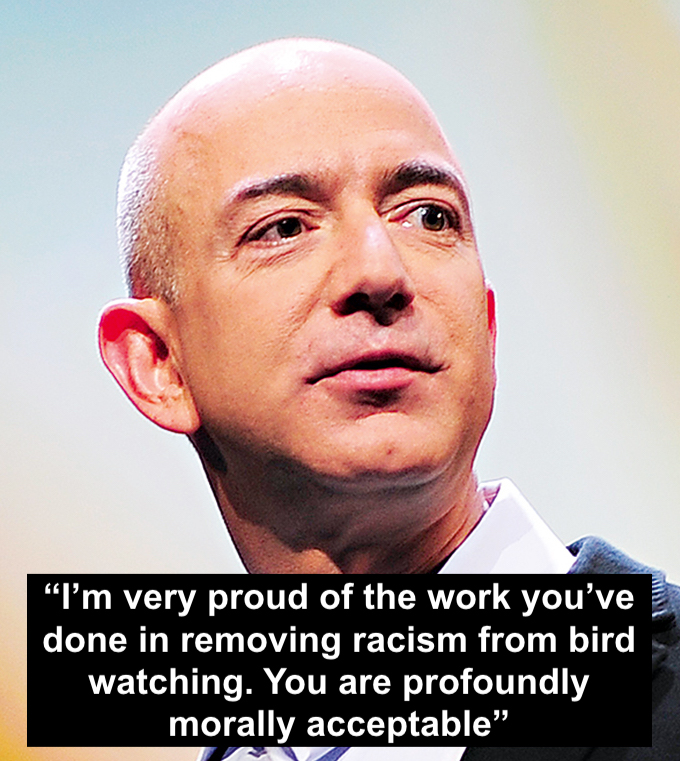This is certainly going to help me sleep at night.
Last summer, amid a national reckoning with systemic racism, the American Ornithological Society (AOS) accepted a proposal to rename McCown’s longspur, a grassland bird that was originally named after Confederate general John Porter McCown. The species is now called the thick-billed longspur. It marked the first time the organization agreed to change a bird’s name because it was racially offensive.
That proposal, along with ongoing conversations about racial injustice, inspired Maryland-based ornithologists and birders Jordan Rutter and Gabriel Foley to dig deeper into the origins of eponymous bird names—the term for birds named after a particular person. They found that of the more than 2,000 bird species in North America, another 149 had eponymous names, most of which were assigned by European and American naturalists in the 19th century, at the height of colonialism and American westward expansion. A number of those names enshrine figures associated with slavery and white supremacy.
It was a revelation.
A revelation!
They were like Saint Paul on the Road to Damascus when they realized that bird names were colonialism!
“I have been a lifelong birder,” Rutter says. “I took ornithology in college, did my master’s on birds, and I never got that information.”
In June, she and Foley wrote a letter to the AOS and its North American Classification Committee, the group that oversees avian nomenclature from Canada to Panama. In the letter, they compared the honorific names to “verbal statues” and called for the removal of all eponymous bird names. They then got 180 members of the birding and ornithology communities to sign it. It has since grown into a full-blown campaign, which Rutter and Foley are calling Bird Names for Birds, with a petition that garnered more than 2,500 signatures and an endorsement from the nonprofit American Bird Conservancy. The AOS is currently evaluating the issue.
Some of the eponyms Rutter and Foley want removed honor enslavers like former U.S. surgeon general William Alexander Hammond (Hammond’s flycatcher) and the Reverend John Bachman (Bachman’s sparrow, Bachman’s warbler). Other birds are named after people who subscribed to the pseudoscience of phrenology, including John Kirk Townsend (Townsend’s solitaire, Townsend’s warbler), who plundered skulls from Native American grave sites in the 1800s.
But Rutter and Foley say the AOS shouldn’t just stop at renaming those species. They want all eponyms removed, because naming birds after white people who “discovered” them is a fundamentally colonial practice, they say.They also argue that all of these historical figures are inextricably tied to colonialism, whether or not they directly engaged in the subjugation of people of color. “We cannot subjectively decide—especially if the adjudicators are White—that some names can be retained because they are associated with less abhorrent pasts than others,” Rutter and Foley wrote in an op-ed that appeared in the Washington Post in August. “We must remove all eponymous names. The stench of colonialism has saturated each of its participants, and the honor inherent within their names must be revoked.”
Yeah, these two got a pat on the head from Jeff Bezos.
This was probably the biggest event of either of their lives. When they die, they will be remembering the time that Jeff Bezos patted them on the head.
Only a handful of eponymous bird names don’t commemorate colonial figures—Klaas’s cuckoo, for example, was named after a member of the Indigenous Khoekhoen people of southwestern Africa by 18th-century French ornithologist Francois Levaillant—while others are of unknown origin.
But Rutter and Foley also cite a practical reason for removing these bird names: eponyms don’t convey any valuable information that could help an observer identify a bird. “Instead of celebrating that a bird is unique in nature, you’re celebrating the fact that it was discovered by this dude,” Foley says.
…
In the past year, the conversation about bird names has taken on a particular sense of urgency. Last May, the discrimination that Black birders often encounter came to the fore after an incident in New York City’s Central Park in which a white woman called the police on a Black bird-watcher who asked her to put her dog on a leash. That episode sparked conversations about the need to make birding more welcoming for people of color and prompted initiatives like Black Birders Week, a series of virtual events that highlighted Black naturalists and birders. Rutter and Foley see their campaign as part of a larger effort to make birding more inclusive.
…
The AOS is currently determining how to approach the concerns raised by the Bird Names for Birds campaign. In an email, executive director Melinda Pruett-Jones told Outside that the organization’s diversity and inclusion committee has conducted more than ten “listening sessions” with stakeholders in the birding and ornithology community over the past several months, with a larger forum in the works for early this year.
This is Jordan Rutter and Gabriel Foley, the birders leading the charge:
These are millennials on a mission. It’s a religious mission. They believe all of this anti-racist stuff, or at least understand that getting involved in anti-racism is a sign of high social status. So they are looking around at their own environment, and thinking “how can I incorporate this Black Lives Matter doctrine, and get a pat on the head from Jeff Bezos?”
You can be certain that they both sent that WaPo article they authored around to all their friends, and everyone they’ve ever met, through social media. “Look at me, I’m a good person – Jeff Bezos patted me on my head!” Their mothers were telling their bridge clubs: “my son/daughter just received a pat on the head from Jeff Bezos, he/she is such a good person, he/she is serving the agenda of moral righteousness.”
This is happening in every aspect of our society. You would not expect a complete overhaul of bird-watching as a result of the Black Lives Matter movement, but this is a new religion. It is all encompassing. By making it morally righteous, they have ensured that people in every aspect of society do this themselves – looking for that pat on the head from the big guy.
I agree with the way Christian priests dealt with paganism, in terms of cleansing it from society, but they were never this brutal, they never made the changes this total. Notre Dame and various other great churches are built on ancient pagan sites. Many elements of ancient paganism were introduced into Christianity.
Nothing of white culture is going to be allowed to remain in the new culture that is being created with this new religion of black worship.



